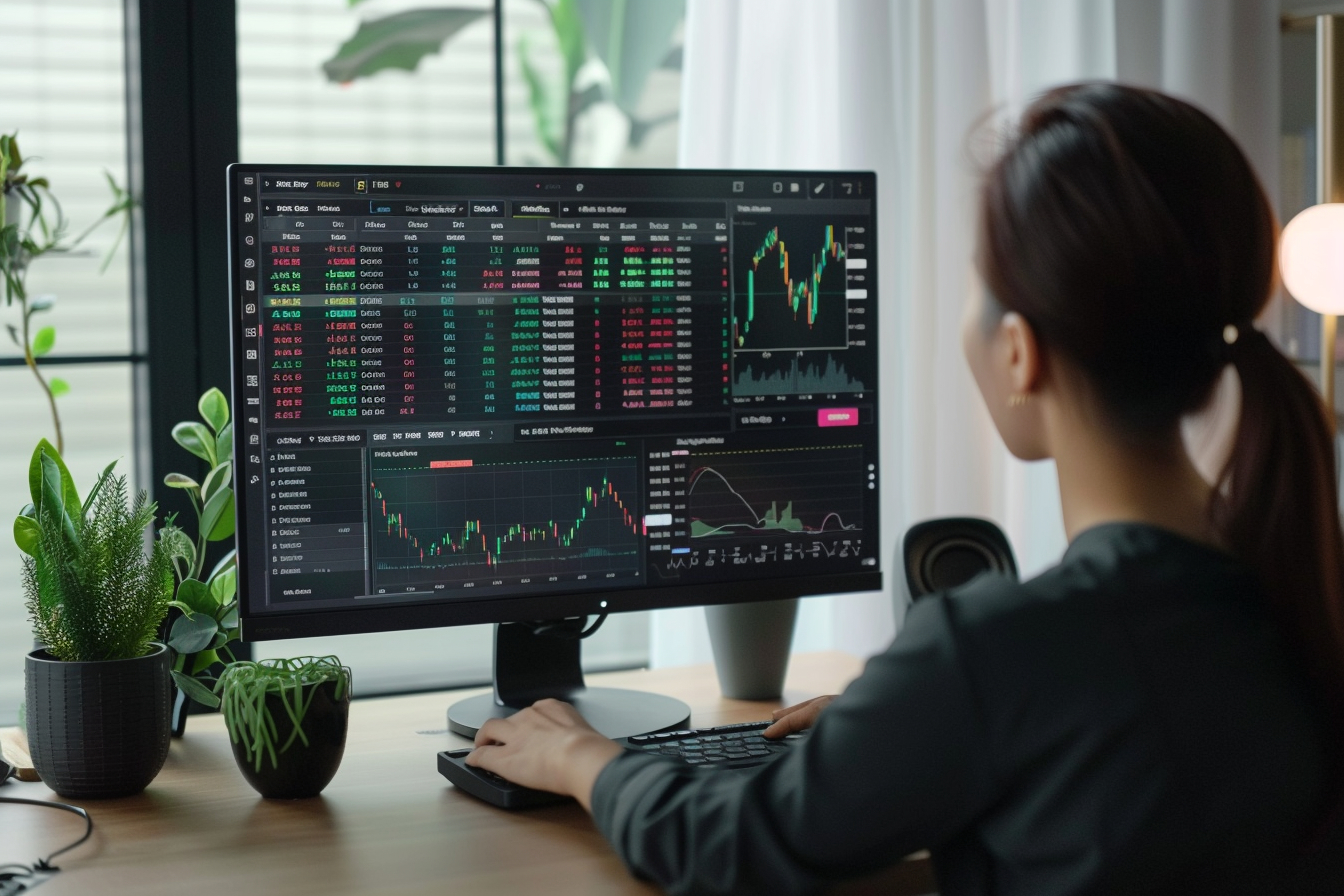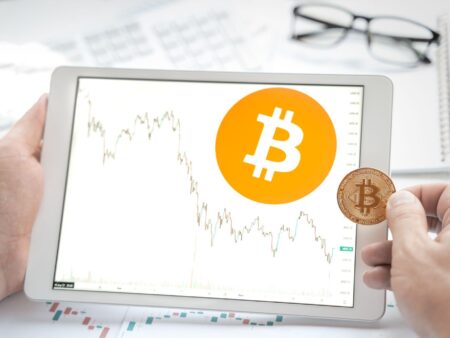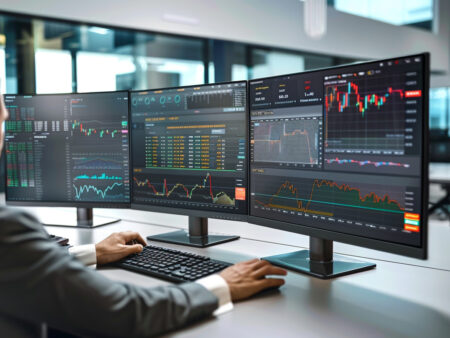
In the ever-evolving landscape of financial markets, the concept of virtual trading platforms has emerged as a cornerstone for both novice and seasoned investors. These platforms, often dubbed as paper trading platforms, offer a risk-free environment for users to experiment with investment strategies. This article delves into the realm of virtual trading platforms, highlighting their significance, operational mechanisms, benefits, and potential drawbacks.
The Essence of Virtual Trading Platforms
Virtual trading platforms are sophisticated software systems that simulate real-world trading environments. They allow users to engage in trading stocks, cryptocurrencies, forex, and other financial instruments without the need to invest real money. This simulation provides a valuable learning experience, offering insights into market dynamics, trading techniques, and decision-making processes.
How Virtual Trading Platforms Work
At the core of virtual trading platforms is a dynamic replication of market conditions, including stock prices, market trends, and news events, which influence trading decisions. Users are allocated a virtual budget with which they can execute trades as if they were operating in the actual financial markets. The outcomes, although simulated, are based on real data, ensuring a realistic trading experience.
Portfolio Management and Analysis
Users can create and manage portfolios, track their performance over time, and analyze the effectiveness of their trading strategies. This feature is instrumental in developing financial acumen and understanding the impact of market volatility on investment decisions.
Real-time Market Data and Tools
Access to real-time market data and analytical tools is a hallmark of virtual trading platforms. These resources equip users with the necessary information to make informed trading decisions, mirroring the resources available to real-world traders.
Advantages of Virtual Trading Platforms
Risk-free Learning Environment
The most significant advantage is the provision of a risk-free environment to learn and hone trading skills. Users can experiment with various strategies and understand the consequences of their decisions without the fear of losing real money.
Familiarization with Trading Platforms
Virtual trading platforms offer a hands-on experience with trading software, enabling users to become proficient with different trading platforms. This familiarity is crucial for those planning to transition to real-world trading.
Strategy Testing and Refinement
Investors can test different trading strategies to see what works best for them, refining their approach based on the outcomes observed in the virtual environment.
Challenges and Considerations
Emotional Investment and Realism
One potential drawback is the lack of emotional investment that comes with real money trading. The psychological aspects of trading, such as dealing with loss, may not be fully experienced in a simulated environment.
Overconfidence
Success in a virtual trading platform can sometimes lead to overconfidence. Users must remember that real-world trading involves risks that can lead to financial loss, a factor that is not present in virtual trading.
The Future of Virtual Trading
As technology advances, virtual trading platforms are becoming more sophisticated, offering more realistic simulations and tools for analysis. The integration of artificial intelligence and machine learning algorithms promises to enhance the predictive capabilities of these platforms, providing users with deeper insights into market behavior.
The Ethical Dimension
The democratization of financial education through virtual trading platforms raises ethical considerations. Ensuring equitable access to these educational tools is vital for fostering financial literacy across different socioeconomic backgrounds.
Navigating the Virtual Waters
Virtual trading platforms represent a significant advancement in financial education, offering a practical and accessible way for individuals to learn about investing. As the financial landscape becomes increasingly complex, the role of these platforms in preparing individuals for the challenges of real-world trading will undoubtedly grow. While they offer a myriad of benefits, it is essential for users to approach these simulations with a critical mind, recognizing the differences between virtual success and real-world financial risks.
This exploration into virtual trading platforms underscores their value as educational tools, enabling users to practice investing without the risk. As we navigate the virtual waters of financial markets, the insights gained from these platforms can lay a solid foundation for informed investment decisions in the real world.










